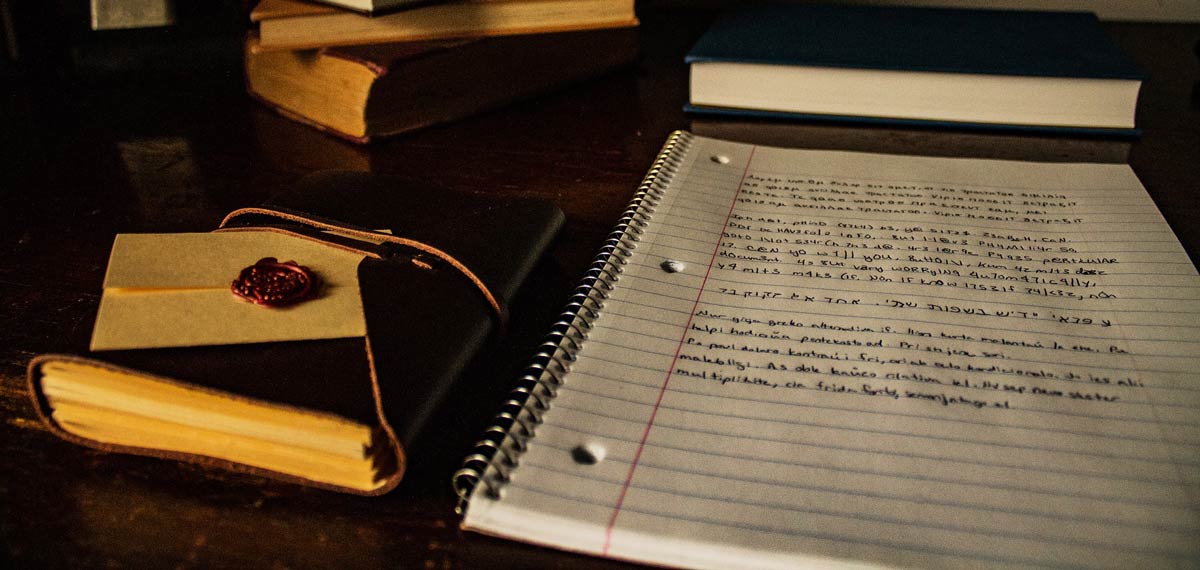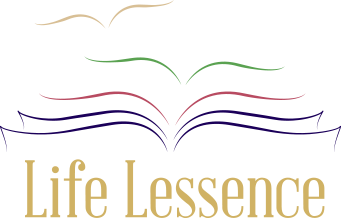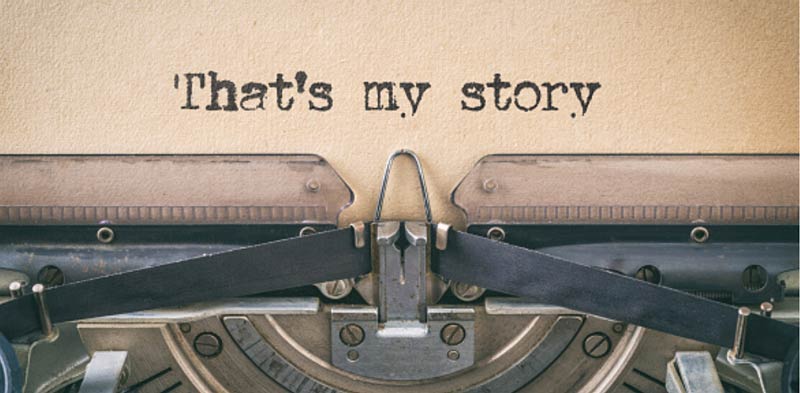So, you want to know how to write an autobiography. Is it easy to learn or do you hire a freelance biography writer?
Have you lived a pretty extraordinary life? One full of engaging stories and valuable lessons? Maybe someone’s told you that you should write an autobiography.
An autobiography is a record of your life, or a portion of your life and the stories of your experiences. Unlike a Legacy Book, it’s usually a long story (like a novel) and it’s written by you, according to your own (and others’) memories.
Learning how to write an autobiography isn’t always easy and can be a lengthy process that involves time and careful planning.
However, if it’s planned and written in the right way, it can make for a really intriguing, informative read, that’ll really do your story justice. If it’s not though – it can be a real yawner for others to get through.
The following eight steps are a great place to place to start when you’re learning how to write an autobiography that’ll keep your audience interested. You don’t have to hire a freelance biography writer – with a little planning and hard work you can do it yourself.

1. Ideas. Ideas. Ideas.
So, you want to know how to write an autobiography. Is it easy to learn or do you hire a freelance biography writer?
Learning how to write an autobiography requires you to cover all the stages of your life, from early childhood, your teenage years to where you lived and found your first job.
Think about the pets you had and the neighbours you mixed with.
As you aged, were there episodes in your life that included adventures, ingenuity, invention? Did you travel? Were you known for something in particular? What were your achievements?
Write all of this down, no matter how small or unimportant you think it might be (sometimes these ‘boring’ details can end up being the most valuable).
It’s more than likely that a lot of the things on your list won’t end up being in your finished autobiography, but the beauty of brainstorming is keeping things open and allowing for as many ideas as possible while you work out the bones of your story.

2. Writing down the bones
In this culture we’re not usually living with our elders, it’s not the ‘done’ thing – they’re pretty separated. Also, with most things being digital now, they’re just not included with the rest of us. They don’t use Instagram and Twitter and they’ll often have difficulty with a phone or a Zoom call.
If you’re not sitting down with a cup of tea and chatting, you won’t get that connection with them. So, it’s also important that you consider when and HOW you’re going to ask your questions. Make sure you have plenty of time and can give your subject your complete attention.
I suspect that hanging out with older people who are slower and wiser than us is really good for our mental health. There are also amazing benefits for older people when we take the time to connect with them. Their health and mental wellbeing is scientifically proven to be better when they’re with younger people. The act of being seen and heard, respected and acknowledged can be wonderfully rejuvenating.
Something I’ve noticed is the more time I spend with Life Lessence clients as I write their Legacy Books is that they grow more reflective and interesting. They seem more energised. I feel this happens because they’re sharing stories of their past lives, of times with their spouse, their pets, or on their travels.
In these stories, they impart their regrets, their beliefs about life, death and the meaning of living a life well – and every client’s stories are completely different!
I highly recommend sitting down with your elders, talking and recording them if you want to get the process going.
3. Time to research
It’s also OK to ask some uncomfortable questions because the taboos we avoid, like regret or our death, hold much of the most essential meaning of our lives.
Interview questions for your parents can include ‘What do you believe about God?’ And, ‘What does success mean to you?’
Or, you could try asking:
“What do you value most?”
“What has love meant to you and how have you loved?”
“What does it mean to live well?”
“What changes in the world during your lifetime have affected you the most?”
“What advice would you like to pass on?”
These questions can all have an extraordinary effect! A lot of people have never stopped to consider these things before, or if they have, they’ve never thought to share these thoughts with someone else.

4. Creating your first draft
I just finished working on a legacy book this morning for a fellow who has been caring for his wife who has dementia – unfortunately, it’s too late for us to interview her.
This fellow’s grandkids don’t spend much time with him and for all these reasons it’s really nourishing for him to have someone show interest and listen to him. He was already writing stories but was unsure how to share them.
When I handed him his finished Legacy Book, he said:
“It was quite a profound experience – it made me know myself better. Your style of questioning brought out things about myself that I didn’t really know.”
Additionally, his book is a gift to give to his grandkids who are not interested in him yet, but surely will be one day.
5. Take a couple of weeks off
You’ve been working hard learning how to write an autobiography. You’ve written your first draft and you want to keep going and get it finished.
You might be itching to start the editing process BUT it’s important to take some distance from your finished first draft.
Professional writers give it at least a week to ‘rest’ the draft and let their minds detach from the story and its construction. The reason they do this is to make the proofreading and editing process easier.
When you’re writing and have been focusing on a piece for a while, it can be difficult to see the faults and holes, or where you might have been a bit long-winded.
So, taking yourself away from the writing process can really help you return to your draft with fresh eyes to see where improvements can be made.

6. Let’s get proofing!
You might be itching to start the editing process BUT it’s important to take some distance from your finished first draft.
Professional writers give it at least a week to ‘rest’ the draft and let their minds detach from the story and its construction. The reason they do this is to make the proofreading and editing process easier.
When you’re writing and have been focusing on a piece for a while, it can be difficult to see the faults and holes, or where you might have been a bit long-winded.
So, taking yourself away from the writing process can really help you return to your draft with fresh eyes to see where improvements can be made.
7. The second draft
You might be itching to start the editing process BUT it’s important to take some distance from your finished first draft.
Professional writers give it at least a week to ‘rest’ the draft and let their minds detach from the story and its construction. The reason they do this is to make the proofreading and editing process easier.
When you’re writing and have been focusing on a piece for a while, it can be difficult to see the faults and holes, or where you might have been a bit long-winded.
So, taking yourself away from the writing process can really help you return to your draft with fresh eyes to see where improvements can be made.
8. Polish and shine
You might be itching to start the editing process BUT it’s important to take some distance from your finished first draft.
Professional writers give it at least a week to ‘rest’ the draft and let their minds detach from the story and its construction. The reason they do this is to make the proofreading and editing process easier.
When you’re writing and have been focusing on a piece for a while, it can be difficult to see the faults and holes, or where you might have been a bit long-winded.
So, taking yourself away from the writing process can really help you return to your draft with fresh eyes to see where improvements can be made.
We have years of experience interviewing and writing. If you'd like to enquire about us writing your Legacy book for you or you'd like to learn how to write your own, please select from the options below.

